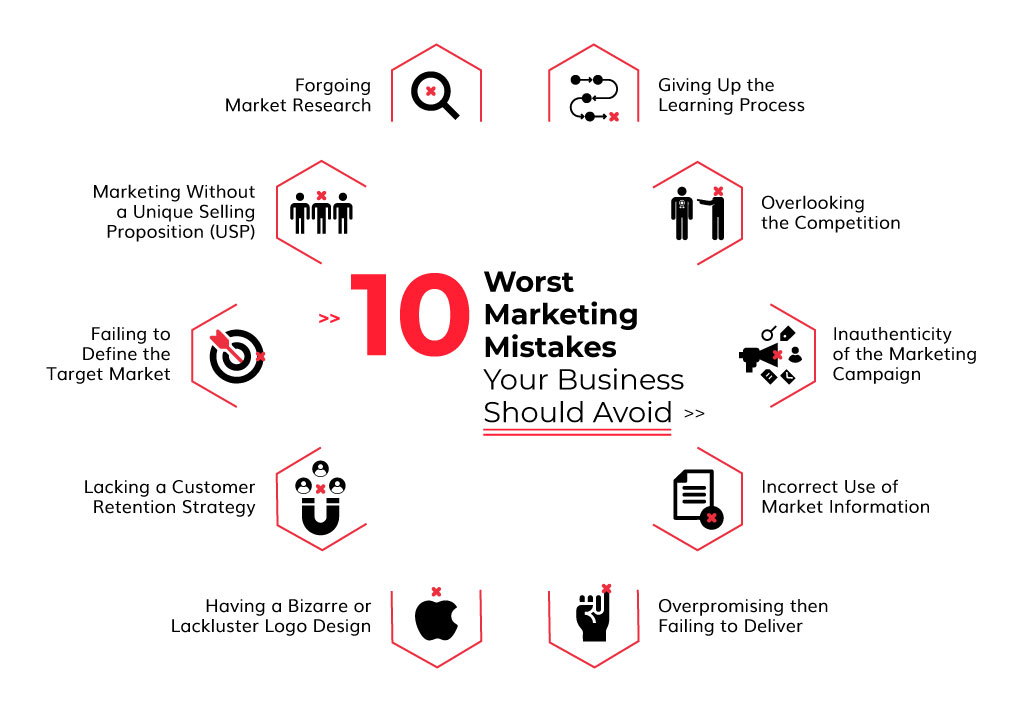Five marketing gaffes to avoid in 2012 – StartupSmart

 The world of social media may have provided businesses with great new marketing channels, but it has also increased the opportunities for costly stuff-ups.
The world of social media may have provided businesses with great new marketing channels, but it has also increased the opportunities for costly stuff-ups.
Last year saw a number of marketing blunders, often by brands that haven’t quite grasped how to use the new tools available to them.
“The mistake many brands make is that they desperately want to be liked,” says Michael Halligan, founder of Engage Marketing.
“They see that a rival has got 100,000 Twitter followers and they want the same. They jump into social media on a flimsy excuse of growing their numbers. You need a better way of doing it than that.”
According to Halligan, a solid marketing strategy needs to underpin everything your start-up does, to ensure it doesn’t veer wildly off course and make a critical mistake.
“Stick to the key fundamentals – get your brand right and make it enticing to consumers,” he says. “Think less about the tools on offer and more about the strategy.”
To help you avoid any marketing disasters in 2012, here are the five lessons that every start-up should learn from last year’s stuff-ups. Make sure you avoid all of these mistakes.
1. Acting desperate to be noticed
As a start-up, you will be rubbing shoulders with well-established brands with fearsome marketing budgets.
It’s tempting to use low-cost marketing stunts in order to stand out from the pack. Sometimes, this can work.
But beware. What you see as a cheeky, quirky attempt to generate sales can be viewed by customers as desperate and, worse, devaluing to your fledgling brand’s worth.
Using horribly twee language, such as the Essential Beauty ad that provoked 44 complaints last year by using terms such as “fairy horrest” and “nimpy skickers”, is a good way to tarnish your business before it has even got off the ground properly.
Cross the line into outright “look/listen to me” behaviour can also backfire, as the outrage provoked by Kyle Sandilands in 2011 demonstrates. Stick to your brand values and provide a good product or service – the marketing should take care of itself.
2. Alienating a segment of your customer base
It may seem like Marketing Rule 1.01, but plenty of businesses shoot themselves in the foot by unthinkingly offending potential customers.
In 2011, EnergyWatch, for reasons best known to itself, thought it would be a good idea to play upon the stereotype of an Indian doorknocker to spruik its energy price comparison service.
The ad sparked 75 complaints and was promptly banned. The damage is potentially greater, however, when you consider the rather slim probability of any Australians of Indian ancestry (numbering nearly 150,000 at the last count) using EnergyWatch’s service.
Last year saw various examples of rather thoughtless marketing, including The Tool Shop’s depiction of women as sex objects and the bizarre decision by GoDaddy CEO Bob Parsons to post a video of himself shooting an elephant in Zimbabwe.
The lesson is simple – if you think that your marketing will alienate a decent portion of your potential customers, don’t go through with it.

